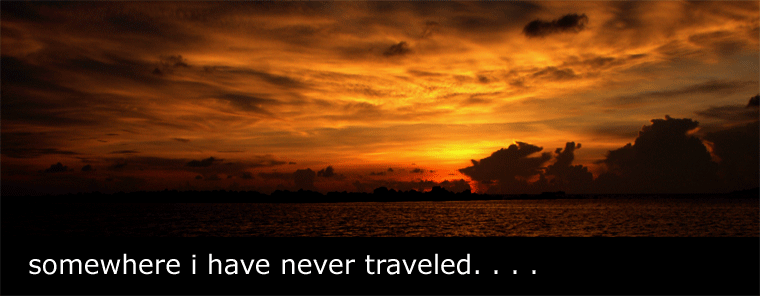People at first could not believe that it had happened, until reports were finally confirmed: Cebu Pacific Air Flight 387 bound for Cagayan de Oro City had crashed on the slopes of Mt. Sumagaya. It was February 2, 1998.
Among those on board the ill-fated flight was Bobby Arévalo Gana.
During the memorial services, people paused and remembered the foolishness that was Bobby Gana’s life. Bobby was a shy and quiet boy, they said. He loved to read and draw. His high school friends remember him most for his stout frame and high-pitched voice, which often became the object of much teasing. They remembered him for his teaching, for living what he taught and having no compulsion to prove himself better than his students. And they remembered him for his work, for his passion in the upliftment of the poor, for the organization that he had helped found, the Sentro ng Alternatibong Lingap Panlegal [Saligan].
You see, Bobby Gana was a lawyer. He graduated fifth in the bar. He knew that he could have started out well with some of the name-firms in the country. Yet, as his friends say, “There wasn’t even a moment of doubt.” He wanted to work with the poor.
In 1997, with lawyer-friends Al Agra, Joy Casis, Butch Abad, and Fr. Joaquin Bernas, SJ, Bobby founded Saligan. Organized primarily to attend to labor disputes, it gradually took on the cases of farmers and peasants. Under Bobby’s direction, Saligan eventually became the biggest alternative law group in the country in terms of the number of full-time lawyers, the number of sectors served, and the number of programs implemented.
Indeed, Bobby Gana’s life would be a very good subject lecture about lawyering and the preferential option for the poor. It almost feels that writing about it only detracts from the powerful eloquence of his life— indeed, an option for the poor is not something talked about, written about, nor planned. It is chosen, and it is lived. Yet reflecting about his life, what strikes me more is the genius of God’s Divine plan: of how he uses man’s talents as a means for the making of His Kingdom here on earth, if we only let Him. Indeed, like Nicodemus, God meets us where we are at.
I am quite certain that Bobby Gana need not have been a lawyer to have done great things for God. Indeed, He would have worked through him just the same. Yet Bobby chose to become a lawyer, and he allowed God to use that privilege to effect change. It seems to me, then, that what is truly important is not so much the doing— for God often takes care of that— but the surrendering. It is allowing God to work through us, however broken, or however imperfect we may be, that the Kingdom of God can find its fulfillment.
One must understand this surrender, however, not as a fatalist escape, a bahala na to the challenges of life. Rather, it is an entrusting of that very life to the “gentle curve of the palm of God’s hand.” Bobby himself said it during his senior retreat in College, “Trust him. . . Trust your life to Him.”
Father Catalino G. Arévelo, SJ, Bobby’s uncle, called this surrender in Bobby a sense of vocation. Fr. Arevalo says, “I have been a religious nearly sixty years now. I know this kind of talk is ‘vocation talk’— ‘Who’s going to do the work?’ ‘People need us to be around for them.’ It means, really, ‘This is where the heart is. This is where I’m called to serve. This is my place.’”
Theologians say that we find God most in the deepest longings of our hearts. Pete Ariston, then still a Jesuit brother, sent me this prayer for a retreat I once attended. It said,
“Nawa’y marinig mo ang pinipintig ng iyong puso
at marinig mo rin ang pinipintig ng puso ni Hesus.
At sa wakas ng lahat, nawa’y maunawaan mo,
na ang pinipintig ng iyong puso
at ang pinipintig ng puso ni Hesus, ay iisa lamang.”
The greatest desire of our heart. For Bobby, it was clear, and the surrendering, absolute. The law, for him, became the means; he merely an instrument. Indeed, this “foolishness” of Bobby’s life humbles us. Yet to say that Bobby is not indispensable in the building of the Kingdom of God is not to negate his sacrifice; rather, the challenge is on us who pray “Your Kingdom Come”— upon whose shoulders must fall the share of those who have been called away. “And so we must join hands,” as Fr. Bernas says. “The struggle is still ours.” To honor and remember Bobby, then, is to live out our own surrender, to be true to our own vocation.
[Kay M., na nagkaroon ng lakas ng loob.]





